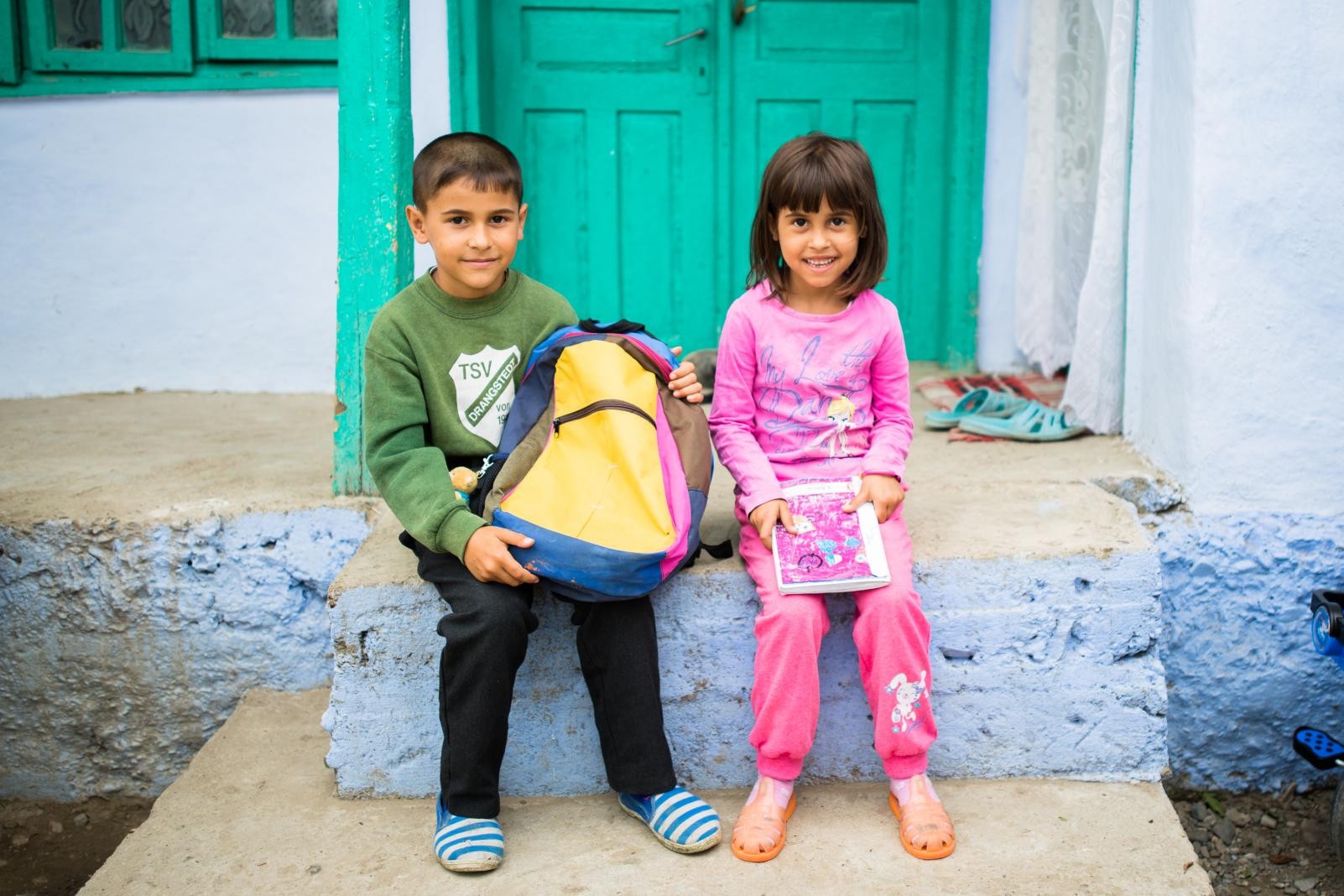2019 - 2022
PI: Timothy Hunt
One of UNICEF’s priorities is to strengthen the social service workforce in this region. In 2019, UNICEF and SIG, together with the Columbia University School of Social Work (CSSW) and the Global Health Research Center of Central Asia (GHRCCA), formed a capacity building, implementation/dissemination research project to achieve just that, called Building Social Service Workforce Competencies in Europe and Central Asia.
This project will strengthen interpersonal communication and community engagement to influence and support individual and social change in Europe and Central Asia (ECA) and improve the behavioral and social outcomes of vulnerable individuals, children, families, groups, and communities in ECA, including initially Kazakhstan, Georgia, and Albania.
This capacity building and implementation and dissemination research project builds upon the successes of similar programs such as USWEEP.
Interested in collaborating?
Faculty and students seeking to contribute to this work, or funders interested in exploring how they may support the strengthening and expansion of global social work are encouraged to get in touch with PI Dr. Timothy Hunt.

